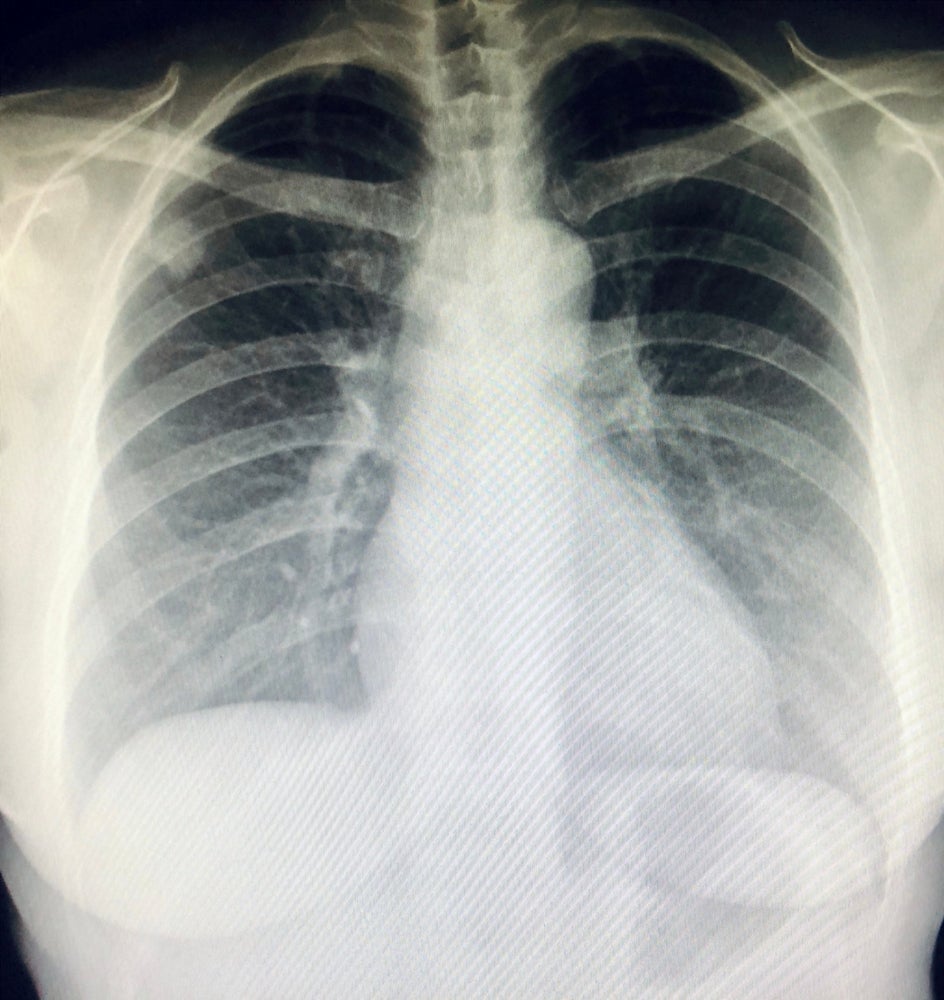Regorafenib is under clinical development by Bayer and currently in Phase I for Relapsed Acute Myeloid Leukemia. According to GlobalData, Phase I drugs for Relapsed Acute Myeloid Leukemia have a 70% phase transition success rate (PTSR) indication benchmark for progressing into Phase II. GlobalData’s report assesses how Regorafenib’s drug-specific PTSR and Likelihood of Approval (LoA) scores compare to the indication benchmarks. Buy the report here.
GlobalData tracks drug-specific phase transition and likelihood of approval scores, in addition to indication benchmarks based off 18 years of historical drug development data. Attributes of the drug, company and its clinical trials play a fundamental role in drug-specific PTSR and likelihood of approval.
Regorafenib overview
Regorafenib (BAY 73-4506, Stivarga) is an anti-neoplastic agent. Regorafenib is formulated as film coated tablets and tablets for oral route of administration. It is indicated for the treatment of patients with metastatic colorectal cancer (CRC) who have been previously treated with fluoropyrimidine, oxaliplatin and irinotecan-based chemotherapy, an anti-VEGF therapy, and if RAS wild-type, an anti-EGFR therapy, for the treatment of patients with locally advanced, unresectable or metastatic gastrointestinal stromal tumor (GIST) who have been previously treated with imatinib mesylate and sunitinib malate, for the treatment of patients with hepatocellular carcinoma (HCC) who have been previously treated with sorafenib.
See Also:
Regorafenib is under development for the treatment of recurrent glioblastoma multiforme, gliosarcoma, chordoma, metastatic biliary tract cancer, esophageal cancer, gastric cancer, metastatic colorectal cancer, gastrointestinal stromal tumor (GIST), metastatic hepatocellular carcinoma, glioblastoma multiforme, oropharyngeal cancer, metastatic colorectal cancer following surgical removal of liver metastases, urothelial cancer, liposarcoma, osteosarcoma, Ewing sarcoma, chondrosarcoma, rhabdomyosarcoma, advanced solid tumors cancers such as metastatic adenocarcinoma of the pancreas, hepatocellular carcinoma (as first line therapy),adenocarcinoma of the gastroesophageal junction, soft tissue sarcoma, biliary tract cancer (cholangiocarcinoma), extrahepatic cholangiocarcinoma, adenoid cystic carcinoma (salivary gland cancer), acute myeloid leukemia, myelodysplastic syndrome and myelofibrosis, head and neck squamous cell carcinoma (HNSCC), esophageal squamous cell carcinoma (ESCC), pancreatic ductal adenocarcinoma (PDAC), biliary duct carcinoma (BTC), gastroesophageal (GE) junction carcinomas, glioblastoma multiforme (GBM) and anaplastic cell carcinoma (AA). It was under development for the treatment of renal cell carcinoma, recurrent epithelial ovarian, primary peritoneal, fallopian tube cancer, neovascular (wet) age-related macular degeneration as eye drops, colorectal cancer (adjuvant therapy), solid tumor in Japan and China and non-small cell lung cancer. It was also under development for the treatment of metastatic hepatocellular carcinoma and recurrent glioblastoma multiforme.
Bayer overview
Bayer is engaged in the discovery, development, manufacturing, and commercialization of products for human health, and agriculture. It provides medicines for cardiovascular diseases, women’s health, cancer, hematology, ophthalmology, and other indications. It also strives to develop new molecules and technologies for use in the fields of medicine and modern agriculture. The company’s product portfolio includes prescription products, specialty pharmaceuticals, diagnostic imaging equipment, non-prescription (over the counter or OTC) products, seeds, crop protection solutions and non-agricultural pest control solutions. Bayer markets its healthcare and crop protection products essentially through wholesalers, pharmacies, hospitals, and retailers. It operates through a network of subsidiaries in Asia-Pacific, Europe, North America, Latin America, Africa, and the Middle East. Bayer is headquartered in Leverkusen, North Rhine-Westphalia, Germany.
For a complete picture of Regorafenib’s drug-specific PTSR and LoA scores, buy the report here.
Premium Insights
From

The gold standard of business intelligence.
Blending expert knowledge with cutting-edge technology, GlobalData’s unrivalled proprietary data will enable you to decode what’s happening in your market. You can make better informed decisions and gain a future-proof advantage over your competitors.






